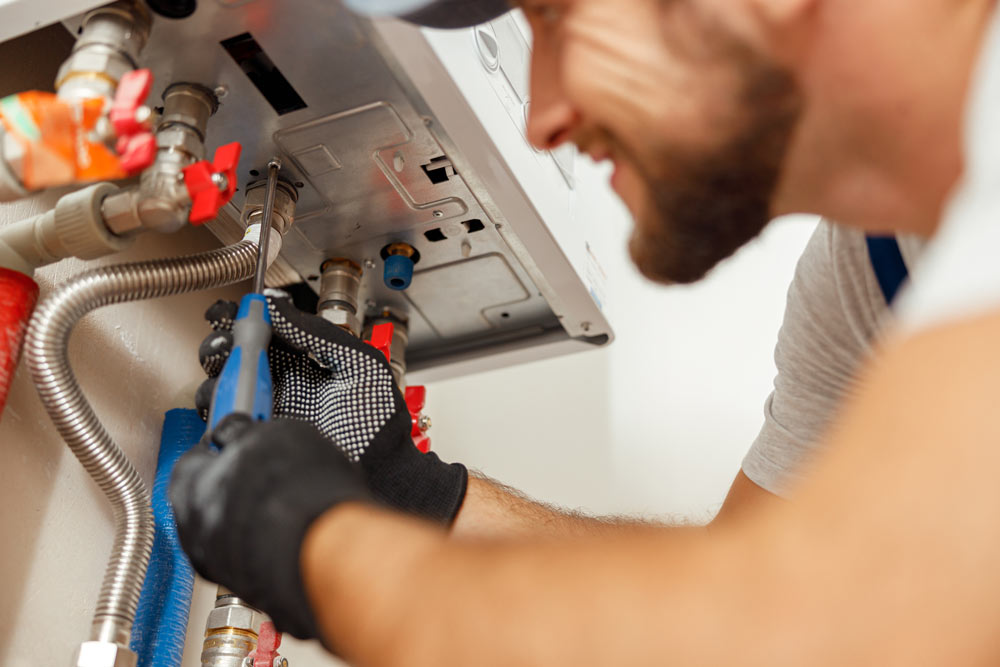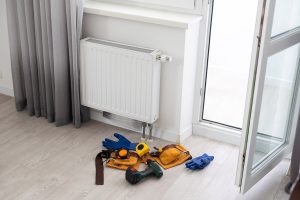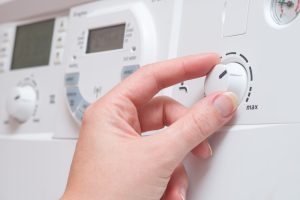Gas central heating systems play a vital role in keeping our homes cozy and comfortable, especially during colder months. To ensure these systems operate efficiently and safely, regular maintenance is key. Neglecting maintenance tasks can lead to decreased performance, higher energy bills, and even safety hazards. In this article, we’ll provide you with a comprehensive guide to maintaining your gas central heating system, helping you prolong its lifespan and enjoy uninterrupted warmth.
1. Schedule Regular Professional Inspections
One of the most important steps in maintaining your gas central heating system is scheduling annual inspections by a qualified HVAC technician. These professionals can identify potential issues before they escalate, ensuring that your system operates at peak efficiency. They’ll check for gas leaks, clean or replace filters, and verify the integrity of components like the pilot light, burners, and flue.
2. Clean or Replace Air Filters
Clogged air filters can impede airflow, causing your system to work harder and consume more energy. Clean or replace your air filters at least once every three months, especially during high-use seasons. This simple task not only enhances efficiency but also improves indoor air quality by trapping dust and allergens.
3. Ensure Proper Ventilation
Adequate ventilation is crucial for gas central heating systems to function safely and effectively. Keep vents and air intakes unobstructed by furniture, debris, or other objects. Blocked ventilation can lead to improper combustion, reduced efficiency, and potentially hazardous carbon monoxide buildup.
4. Monitor the Pilot Light
The pilot light serves as an indicator of your system’s health. A steady blue flame is a sign of proper combustion. If you notice a yellow or flickering flame, this could indicate an issue with the system’s efficiency or safety. In such cases, contact a professional technician for a thorough inspection.
5. Bleed Radiators
If you notice that some radiators in your home are not heating up evenly, air pockets might be causing the problem. Bleeding the radiators releases trapped air, allowing hot water to circulate properly and heat your rooms more effectively. Use a radiator key to open the valve and release any air until water starts to flow consistently.
6. Test Thermostat Accuracy
A malfunctioning thermostat can lead to temperature inconsistencies and energy wastage. Test your thermostat’s accuracy by setting it a few degrees higher or lower than the current room temperature. If your heating system doesn’t respond accordingly, consider recalibrating or replacing the thermostat.
7. Inspect the Flue
The flue is responsible for safely venting exhaust gases produced during combustion. Regularly inspect the flue for signs of damage, corrosion, or blockages. Any issues with the flue can impact both system efficiency and safety.
8. Maintain a Clear Area Around the Heating System
Clear the area around your gas central heating system of any clutter or debris. This ensures proper airflow and allows technicians easy access for maintenance or repairs.
9. Check Carbon Monoxide Detectors
Safety should always be a top priority when dealing with gas heating systems. Install carbon monoxide detectors near your heating system and sleeping areas. Test them regularly to make sure they’re functioning correctly and replace batteries as needed.
10. Keep Records of Maintenance
Maintain a detailed record of all maintenance and service performed on your gas central heating system. This not only helps you stay organized but also provides valuable information for technicians during future visits.
In conclusion, proactive maintenance is the cornerstone of a reliable and efficient gas central heating system. Regular inspections, cleaning, and attention to key components can prevent breakdowns, improve energy efficiency, and extend the system’s lifespan. By following these maintenance tips and seeking professional assistance when needed, you’ll ensure that your gas central heating system keeps your home warm and comfortable for years to come.





